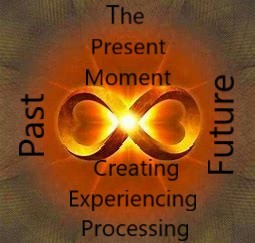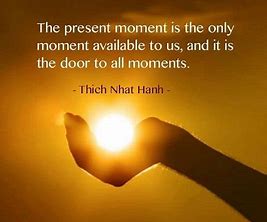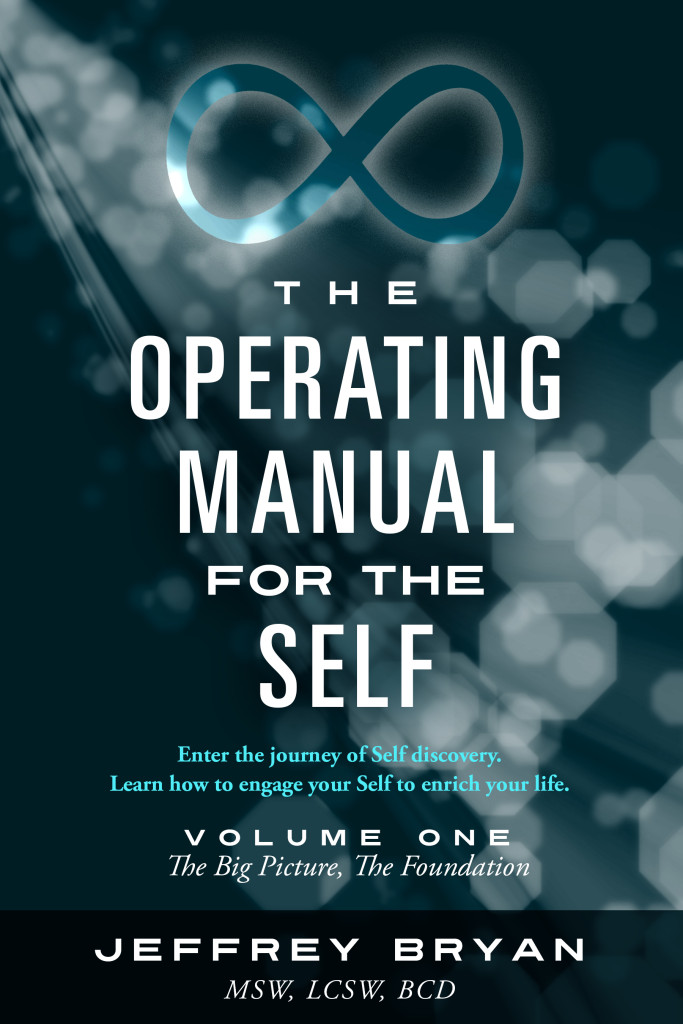Experiencing the Present Moment
INTRODUCTION
In previous Letters we explored creating the present moment. (February 2019)[i]. Our next step is to explore experiencing the present moment. The future exists as possibilities and potentials. The past exists in our memory. The present moment is our reality and is the life we live. Since we want to get the most out of the life we live we need to be very good at experiencing the present moment. We hope to shed light on the process of experiencing the present moment and therefore enabling us to enjoy all the good that life has to bring us.
(We have included endnotes with links to past Letters. As you read this Letter you will see roman numerals that indicate a link at the bottom of the Letter.)
Point Of Empowerment: As we seek a full and rich life, we seek full and rich experiences.
DEFINITION OF THE PRESENT MOMENT 
Since there is no “official” definition of the present moment, we therefore seek a definition that is useful. The present moment has three parts, creating, experiencing, and processing. The present moment is created out of our future and is made available to experience by a process we have called “making an observation.”[ii] Once the present moment is here we experience it. We can call the moment that is available for us to experience the “now moment” or “now.” What is here “now” is of course tremendously varied, ranging from all the interactions we have with our external world to all the interactions we have with our internal world. The final phase of the present moment is processing it. This consists of interpreting the experience, creating a memory of it, and generating the desires we want to fulfill in our future. These desires arise naturally from our experience of the now moment.
Point of Empowerment: We create, experience, and process the present moment automatically. Our goal is to do this with greater awareness.
Practice: Create greater awareness by understanding and focusing on the way we create, experience, and process the present moment.
It is useful to say that the now moment consists of what we sense with our five senses combined with what we feel. We perceive the external world with our five senses—sight, hearing, touch, smell, and taste. We perceive our feelings with the senses that are internally focused toward the world inside ourselves. The act of perceiving is done with our ability to sense as we bring awareness to our sensing and feeling. Our ability to use awareness is highly variable.
Point Of Empowerment: To fully experience the now moment we need to intensely focus our awareness on what our five senses are bringing to us and on what we are feeling.
Perceiving is both active and passive. Perceiving is passive in that we take in or allow our perceptions. The active part of perceiving is done by our filters, the filters that determine which perceptions we actually register with our senses and the filters that color those perceptions. As human beings we cannot avoid having filters that have both positive and negative functions.
Point of Empowerment: Our filters limit what we perceive and therefore what we experience. To enrich our life we need to clean our filters, to clear away the dysfunctional and limiting filters that we have.
CLEANING FILTERS
The positive function of our filters is that they make it possible to screen out all perceptions that are not wanted or are not relevant to the now moment. For example, since feeling the chair supporting me as I write is not relevant to my writing a filter causes the sensation of pressure from below me to be screened out. If the chair starts to break I will become aware of the lack of support and the potential danger that could arise from falling.
Our filters shape our perceptions according to our belief system making perception a personal, subjective action. As human beings this is inevitable. We cannot have a strictly “objective” view of the world. This understanding allows us to relax into our perceptions and feelings knowing that they are not “absolute truth” and therefore that they are not going to dominate us in destructive ways. For example, I can relax into my hurt feelings knowing that those feelings are hurt according to my beliefs about being hurt. I can know that the hurt will not destroy me in a way that terrifies me. (This is important because the fear of feeling hurt limits our ability to love.)
The negative function of our filters is that they limit our perceptions—what we sense and feel. What can be sensed and felt is much greater than what we currently experience. For example, we are usually given more love than we can “see” and that we allow ourselves to feel. We limit our perception of the amount of love that comes to us. This limitation is caused by our belief that “too much love” can be dangerous. We “filter out” what seems threatening.
Point of Empowerment: Cleaning our filters involves recognizing and appreciating the positive function of our filters and dropping the filters that limit us.
Practice: Identify the filters you hold and eliminate the limiting ones by changing your beliefs. (See June 2018 Letter on changing beliefs.)[iii]
FEELING
Our feelings have two aspects to them. Our feelings give us information about what is happening in our life. And, as we are saying, our feelings are literally our experience of life. They are natural and inevitable part of living. Given their importance, we need to increase our ability to feel our feelings. We automatically feel in relation to everything we encounter. If our feelings are functioning properly they automatically arise, exist, diminish, and end. To facilitate the ending of a feeling we need to let it go. Letting go of our feeling and therefore of the now moment when it has passed, is a skill to develop.
The problem with feelings is that they are sometimes painful and since we naturally want to avoid pain we deny our feelings. We pretend that we don’t feel something when we do. Denial is the first line of defense against feeling. After denial we use other defense mechanisms, like projection for example, to push the pain further away. “I don’t feel angry (denial), you are the one who is angry (projection).”
We also judge our feelings as “wrong.” We say “I shouldn’t have this feeling. It is wrong to feel this way.” In truth all feelings are correct in that they give us information about the “truth of the now moment,” the reality of our life as it is actually happening. Feelings are triggered by perceptions. Since our perceptions can be distorted our feelings can have distortions. But fundamentally, we need to learn to relax into our feelings by accepting that whatever we are feeling is a natural and inevitable part of living.
Our feelings contain a tremendous of important information for us. They:
- Give us information about events that are happening in our life
- Tell us about what is important in our life
- Help guide us in the directions we want to go in
- Help us determine what we want for our future
- Alert us to our inner conflicts
- Help us discover what needs to be healed from the past
After experiencing our feelings we need to process them, which is: to become clear about what we are feeling, identify the trigger for a feeling, understand a feeling’s message, interpret the information a feeling contains, and decide if there is something we need to do about what a feeling is telling us.
Point of Empowerment: Since we can’t avoid feeling we might as well make the most of it. When we stop “fighting” our feelings we experience their richness and the richness of life.
THINKING
In order to enrich our experience of the now moment we need to reduce our thinking. Reducing or briefly stopping our thinking is a huge challenge. We think to fulfill our needs for survival, safe/security, belonging/loving, self-esteem, creating/producing/knowing, self-actualization, and beauty/mystery/transcendence. We also think because the mind/brain likes to think. We can persuade our mind/brain to relax by fulfilling our needs more effectively and efficiently. If we fill ourselves with good feelings we will naturally choose the experience of feeling good over unnecessary thinking as we experience the now moment.
Practice: To reduce and stop thinking and to enrich sensing, focus on you breathing, relax your body, and relax into your feelings. Doing this centers you and brings you into the now moment.
RESISTANCE
Point of Empowerment: If being in the now moment scares you, creates fear or anxiety for you, you will resistance experiencing the now.
Practice: Become more effective at handling your fear and anxiety. Experience and release your fears and anxieties.
CONCLUSION, FURTHER CONSIDERATIONS
We have described what the now moment consists of and how to experience it. The third part of the present moment is processing the now moment. Processing the now moment consists of understanding the messages of our feelings, interpreting our experience to create meaning and understanding, creating a memory of our experience, and generating the desires we want to fulfill in our future. We will explore processing the present moment in next month’s letter.
In relation to the now moment here are two questions for further exploration.
- What personality characteristics enhance being in the present moment?
- How do our memories of the past create some of our filters?
[i] February 2019 https://iifsd.org/library/newsletters/february-2019-letter/
[ii] December 2018 https://iifsd.org/library/newsletters/december-2018-letter/
[iii] June 2018, Changing Beliefs https://iifsd.org/library/newsletters/june-2018-letter/

